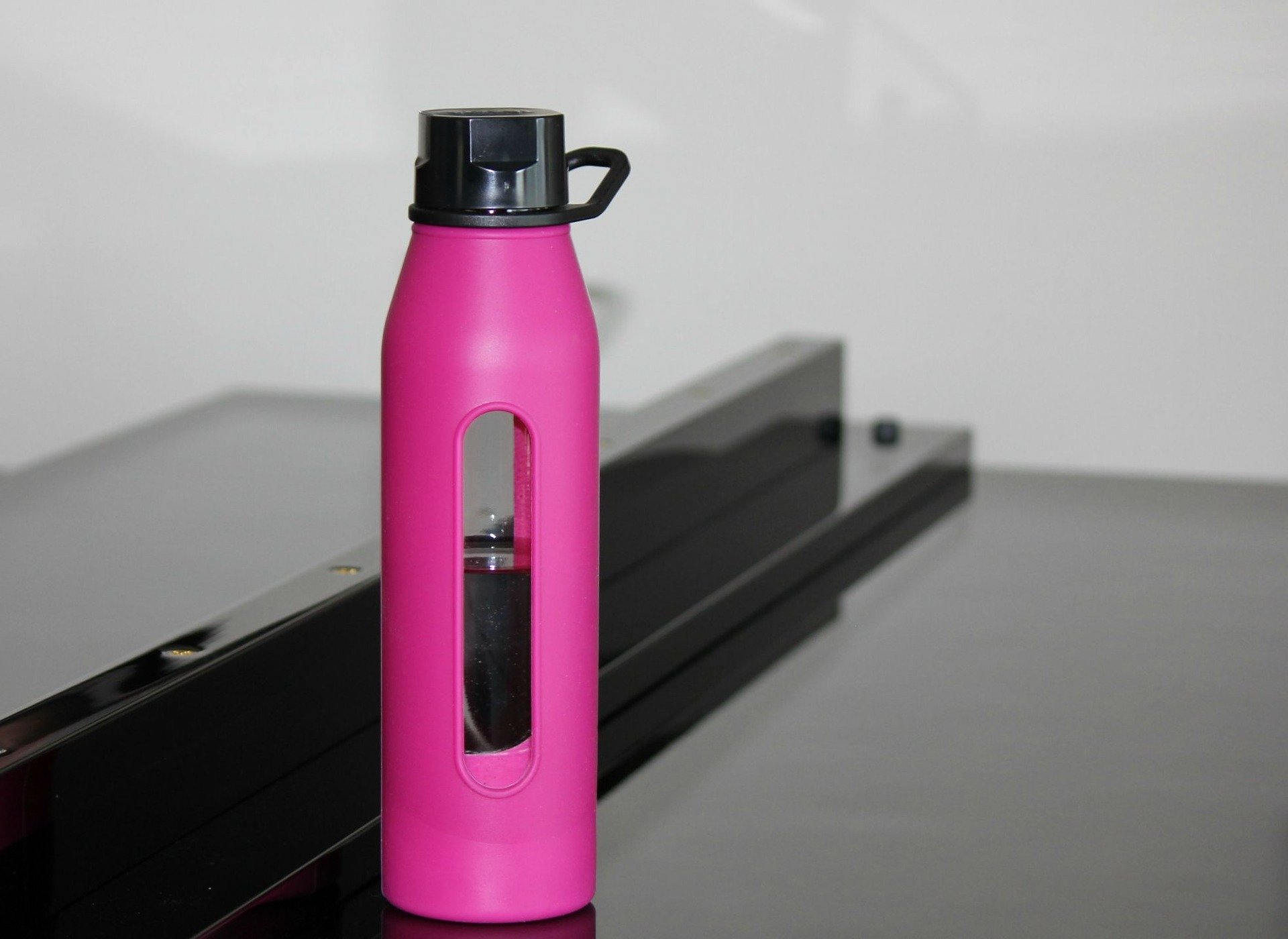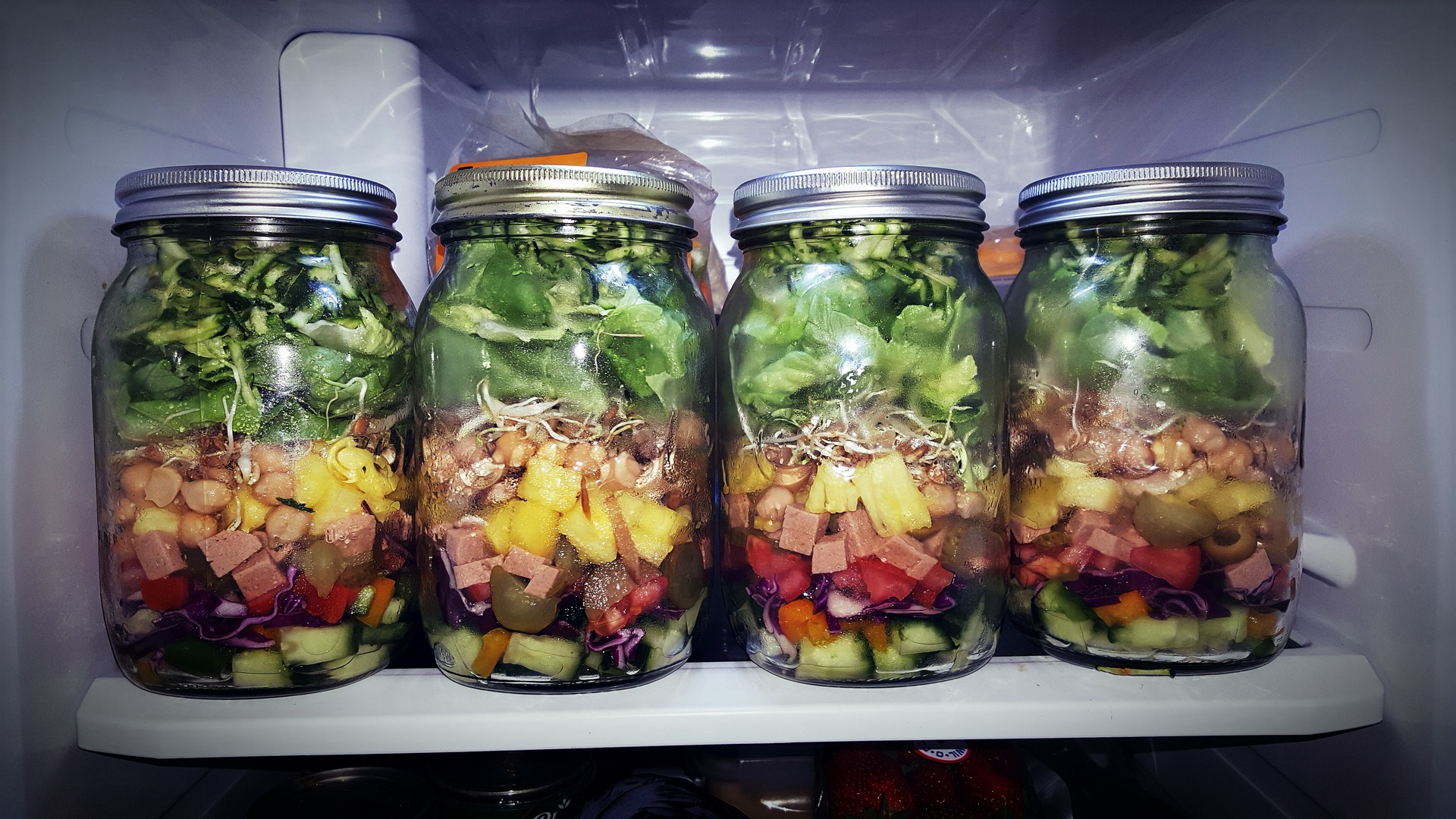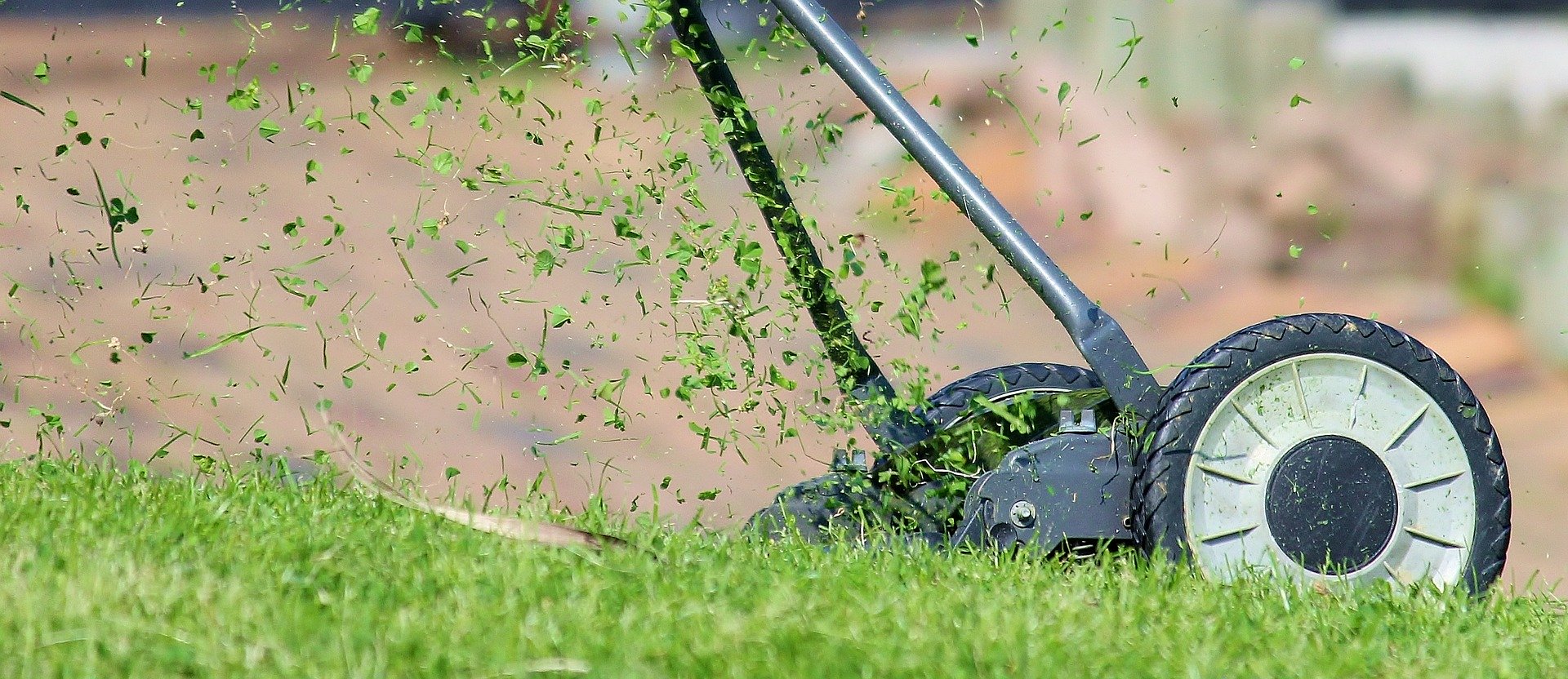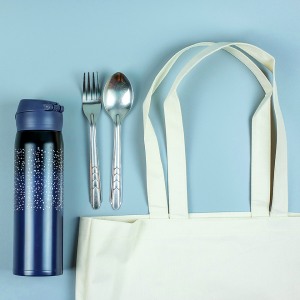To continue progress toward the University’s waste diversion goal, we rely on all Brown community members to reduce their consumption of nonreusable items — such as disposable coffee cups and plastic wrap — and to properly sort their waste.
Reducing Consumption and Sorting Waste
Help reduce landfill waste by recycling, donating and composting.
Reducing Consumption and Sorting Waste
Help reduce landfill waste by recycling, donating and composting.
Sort Your Waste
Brown separates most waste into five streams: general recycling, landfill waste, compost, electronic or special waste and donations. By sorting your waste you are actively preventing reusable and/or hazardous material from entering Rhode Island’s one and only landfill.
Throwing recyclable materials into the trash is a tremendous waste. At the same time, just a few trash items thrown into recycling bins could lead to an entire load of recycling being rejected and sent to the landfill. In order to divert as much waste as possible from the landfill, Brown relies upon all of its community members to properly sort their waste.
Reduce Your Consumption
Making new products requires energy and materials, which can contribute to greenhouse gas emissions and pollution. And while recycling helps to reduce landfill waste, that requires energy, too. One of the most impactful ways to contribute to a more sustainable world is to simply reduce our consumption of new goods.
 Instead of buying a single-use water bottle, invest in a reusable water bottle that you can fill at one of the many filling stations on campus. Brown is a plastic water bottle-free campus.
Instead of buying a single-use water bottle, invest in a reusable water bottle that you can fill at one of the many filling stations on campus. Brown is a plastic water bottle-free campus.
Pro tip: Save money and avoid waste by bringing a reusable mug to the Blue Room and local coffee shops.
Avoid more single-use plastic by bringing your own set of reusable utensils and straws to takeout dining halls like Andrews.
 If you need new items during move-in, check out platforms like Brown Buying and Selling, where you can buy used from community members. Or go on a shopping spree to the many secondhand shops Providence has to offer.
If you need new items during move-in, check out platforms like Brown Buying and Selling, where you can buy used from community members. Or go on a shopping spree to the many secondhand shops Providence has to offer.
Say no to plastic and paper bags at the supermarket by using your own reusable bags.
Avoid plastic packaging at the supermarket when possible by filling up your own dishes with bulk items. Whole Foods, Urban Greens Co-op Market, and farmers markets like Farm Fresh RI make it easier to avoid excessive plastic packaging.
 If you need large lawn equipment like mowers, tillers and chainsaws, set up a sharing program with your neighbors.
If you need large lawn equipment like mowers, tillers and chainsaws, set up a sharing program with your neighbors.
Instead of buying bagged fertilizer, leave grass clippings in your yard where they will decompose and return nutrients to the soil. You can also compost your food and add the finished product to your garden soil.
Play the Trash Dash Waste Sorting Game
Test your knowledge of waste-sorting with the student-created Trash Dash computer game! Sort your way through Andrews Commons, Sharpe Refectory and Josiah’s and beat bosses along the way.
Green Packing List
Before coming to Brown in the fall, check out our green packing list below to learn how you can make sustainable purchases, where you can find green products and what you can get for free at Brown.
